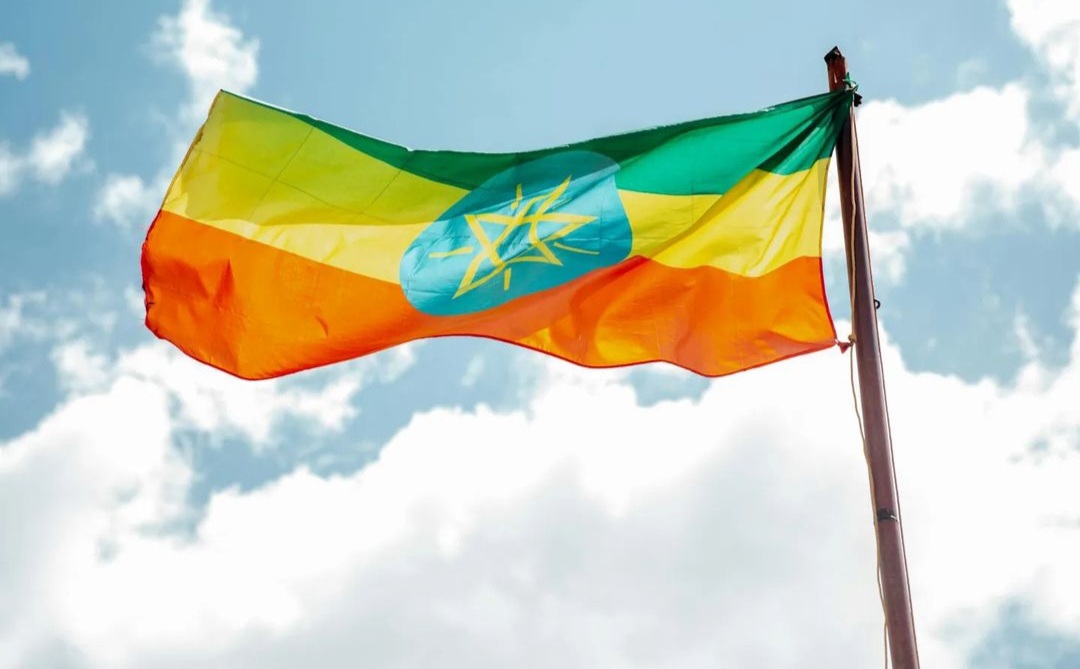As the rest of the world, including Kenya, navigates the year 2024 Ethiopia marks the beginning of the year 2017 on September 11 or 12.
This unique phenomenon stems from the country’s use of the ancient Ethiopian calendar, which is strikingly different from the widely adopted Gregorian calendar used globally.
The Ethiopian New Year, called Enkutatash, is a significant cultural event that ushers in a fresh start for Ethiopians and embodies the nation’s rich historical heritage.
Ethiopia has its own unique time system. The day starts at 6:00 instead on 00:00. The day is split into two,12 -hour parts with the first part beginning at 6:00 and the other at 18:00.
The Ethiopian calendar is a solar calendar and consists of 12 months, each having exactly 30 days.
An additional 13th month, known as Pagumē, has five days in common years and six days in leap years.
This structure results in a year that is usually 365 days long, similar to the Gregorian calendar, with an extra day added every four years to account for the Earth’s orbit around the sun.
Why is Ethiopia in 2017 when Kenya is in 2024?
The Ethiopian calendar is based on the ancient Coptic calendar, which in turn originated from the Julian calendar introduced by Julius Caesar in 45 B.C.
This system was used by early Christians and remains largely unchanged in Ethiopia.
The primary difference between the Ethiopian and Gregorian calendars is the calculation of the birth year of Jesus Christ.
While the Gregorian calendar marks the birth of Christ as occurring between 1 B.C. and 1 A.D., the Ethiopian Orthodox Church places the event about seven to eight years later, which accounts for the divergence in years.
Unlike the Gregorian New Year, which is celebrated on January 1, Ethiopia’s New Year, Enkutatash, falls on Meskerem 1, which corresponds to September 11 or 12 on the Gregorian calendar.
The date is linked to the end of Ethiopia’s rainy season and the blossoming of flowers, making it a festive occasion filled with optimism.
Both the Gregorian and Ethiopian calendars follow the leap year system, but Ethiopia calculates its leap years differently.
Every four years, an additional day is added to Pagumē, bringing the total to six days.
Unique Names for Months:
The Ethiopian calendar months have their own distinct names, starting with Meskerem (September/October) and ending with Nehasse (August).
Pagumē, the 13th month, is seen as a short transition period between the old and new years.
The Ethiopian calendar is closely tied to the Ethiopian Orthodox Church.
Many of the holidays and festivals observed in Ethiopia are based on religious traditions, including Christmas (Genna) and Easter (Fasika), which are celebrated on different dates than their Gregorian counterparts.
Ethiopian Christmas, for instance, falls on January 7, while Easter follows the Julian calculation, usually arriving after Western Easter.
We wish Ethiopia a happy and prosperous new year!.












